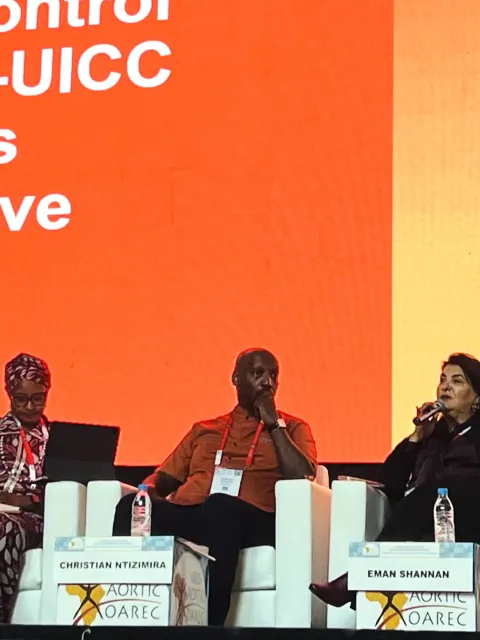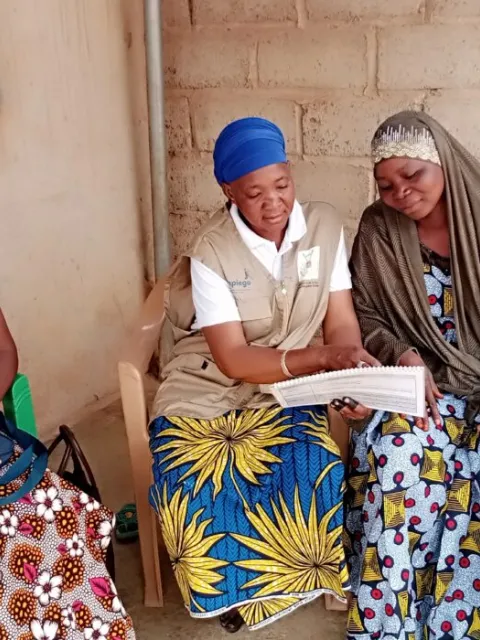Africa certified polio-free, next step cervical cancer?
Africa has been certified free of wild polio thanks to a decades-long vaccination campaign. It gives hope that WHO’s recent Global Strategy on eliminating cervical cancer will yield similar results.

Over 25 years ago, some 75,000 children a year were afflicted with polio, a virus that spreads usually through contaminated water and causes paralysis. There is no cure for this infectious disease, which kills about 2-5% of children and 15-30% of adults who contract it – but it can be prevented through immunisation.
Vaccines for polio first emerged in the 1950s but even by the mid-1970s immunisation efforts were underway in only a few African countries. This changed in the 1980s as the international community mobilised and, in 1988, the World Health Assembly endorsed a resolution to eradicate polio worldwide. It launched the Global Polio Eradication Initiative (GPEI), one of the largest ever public health initiatives.
Routine immunisation programmes spread to almost all African countries, eventually reaching even the most remote and sometimes violent regions. Nigeria accounted less than a decade ago for more than half of the global cases and recorded the last reported case of wild poliovirus in 2016. 95% of the African population is now vaccinated against polio.
This is an incredible breakthrough for global public health that will save millions of lives, and one which UICC joins health organisations around the world in applauding.
Hope for the elimination of cervical cancer
Cancer is not generally seen as a disease that can be prevented by a vaccine. Cervical cancer, however, is primarily caused by an infection – human papillomavirus (HPV) – for which a vaccine became available in 2006.
Last year in October saw the 100th country introduce an immunisation programme for HPV into its national schedule. However, low- and middle-income countries continue to pay the heaviest burden for cervical cancer, accounting for some 90% of the global cases.
But last month, the World Health Organization adopted a Global Strategy for the elimination of cervical cancer as a public health problem. It aims for countries to achieve 90% coverage of HPV vaccination of girls and 70% coverage of screening by 2030.
I am encouraged to see a parallel with polio. The announcement that Africa is polio free offers hope that this Global Strategy will also lead to a decline and ultimately the elimination of HPV and cervical cancer within a few generations.
– Julie Torode, Director of special projects, UICC
Last update
Tuesday 08 June 2021
